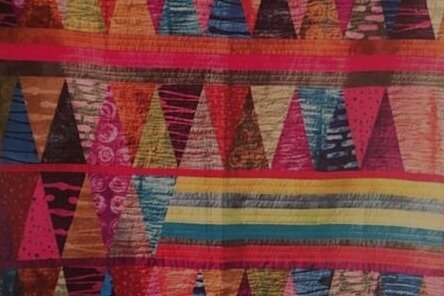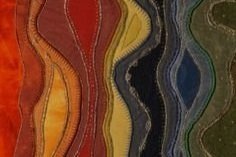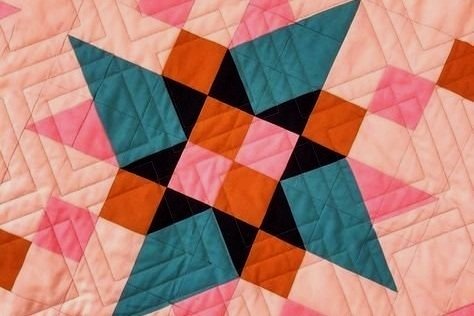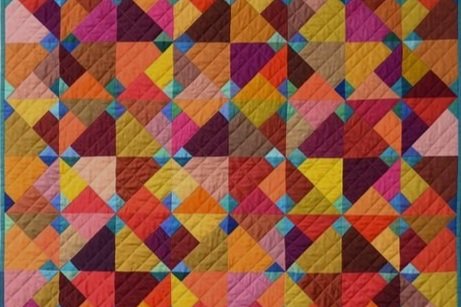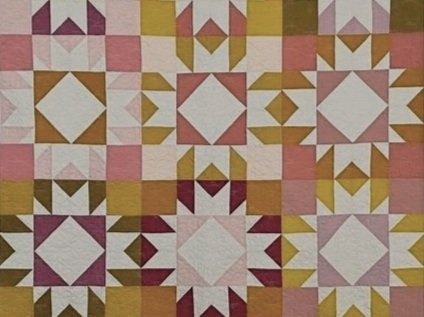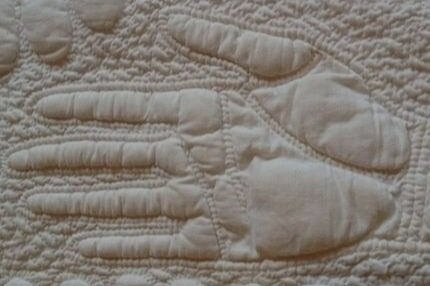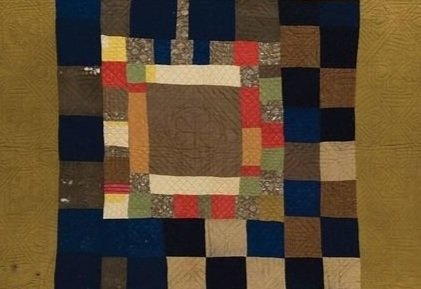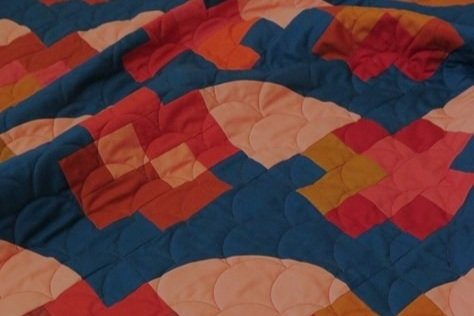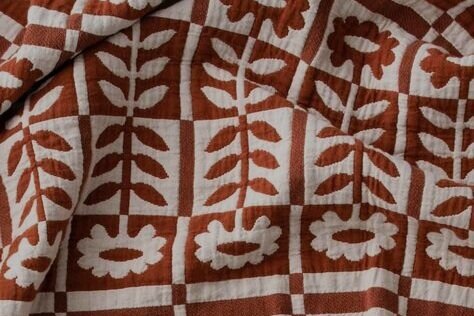MILK PRESS
Spilt & Split-Open
Milk Press Summer 2023
POETRY
Visual Art
Continue below to read Milk Press in PDF format:
Dear Readers,
Thank you so much for joining us to celebrate Milk Press Summer 2023! We worked so hard to put it together, so whether you are a reader or a contributor, we are grateful that you are here with us. We met last summer as the two Brinkley Fellows for the Poetry Society of New York and from there, a great partnership and friendship began. We realized we both wanted to take on roles in publishing and work with a literary magazine, so we were eager to step up when Jackie asked us if we would co-edit this issue together.
As the inaugural issue of Milk Press as a literary magazine (developing out of Spilt Milk), we wanted to continue an emphasis on an interdisciplinary and diverse curation that represents the skills, talents, and sensitivities of our community. We celebrate all forms of poetry and art, from odes, to sonnets, to prose-poems, and from collages, to drawings, to sculptures. This issue ushers in a new era for both the Poetry Society of New York and for Milk Press as we broaden our community to include creatives across and beyond the five boroughs.
Thank you to our Milk Press team, especially to the interns that helped us put this issue together and read through the submissions tirelessly with us. We also gave our team the opportunity to share their work in the issue and we hope that you enjoy it! We appreciate all of their efforts so much and wanted them to take pride in their work. Thank you to our contributors for their amazing poetry and art, for whom this issue would be nothing without; and thank you to our readers for enjoying and uplifting the content that we have for you this summer.
With love,
Lola & Jane
Editorial Leads
Lola Anaya
Jane Scheiber
Editors
Jenna Chadwick
Izzy Rettke
Ciara McKay
Sofia Catanzaro
With special thanks to:
Natalee Cruz
Jackie Braje
Tova Greene


